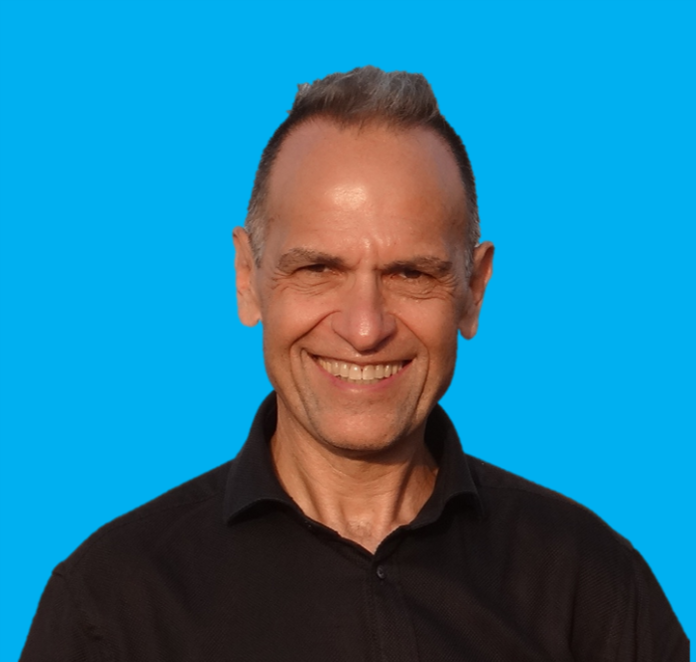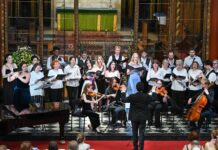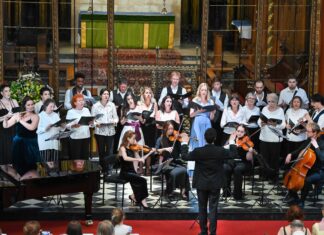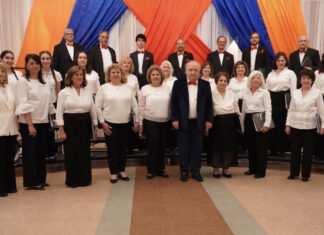By Artsvi Bakhchinyan
Special to the Mirror-Spectator
YEREVAN-SAN PEDRO SULA (HONDURAS) — Dear Pablo, this is the first time I meet an Armenian living in Honduras. Please introduce yourself.
My name is Pablo Bedrossian. I was born in Buenos Aires, Argentina and currently live in the second biggest city of Honduras, San Pedro Sula. My grandfather, Agop, was a heroic survivor of the Genocide. My grandmother, Loutfia, survived the massacres of Marash. I am a medical doctor (cardiologist), but after 13 years working as a physician, I decided to change my occupation and I worked as a senior manager in pharmaceutical companies, and have been doing it for 18 years. I studied business and got an MBA. A local company from Honduras, called Laboratorios Finlay, brought me to this country. Five years ago I started my own consulting company GO UP / Expertos en Negocios (www.goup-ca.com). I am married, with a daughter. I am a man of faith and my highest pleasure is reading and traveling around the world.
According to The Southern Side of the Earth: Armenians in Latin America From the Beginning to 1950 by Vartan Matiossian, already in 1929 the government of Honduras required $2,500 from different migrants, including Armenians. This means that the Armenian presence in Honduras might be already for 90 years. According to www.armeniadiaspora.com there are 900 Armenians in Honduras, but I doubt if this number is correct. What would you say?
I came to Honduras from my birthplace Argentina at the end of 2002. Since that moment I began to look for Armenians, but the search was very hard. I summarized my search in an article called “Los Armenios en Centroamérica” (“Armenians in Central America”), which was translated to English, French and Italian). I found the first reference in a magazine that talked about an old man, an owner of a restaurant – an American, but “half Armenian descendent”. Although he lived so far from my home, in 2006 I drove three hours to meet him. He felt touched when I said my last name. “Bedrossian is my mother’s family name too,” he said. When I went back in 2007, he had returned to United States. Also, Manolo Keosseian, a professional football (soccer) coach from Uruguay, lived in Honduras for a while for job reasons (in 2007 and 2019). Now he lives in Montevideo. Three years ago, a client of mine told me about another Argentinean Armenian, Adriana Keichian. She is married to a Honduran and is in charge of a school for special children. As you see, I could find very few Armenians in Honduras, most of them current immigrants.








